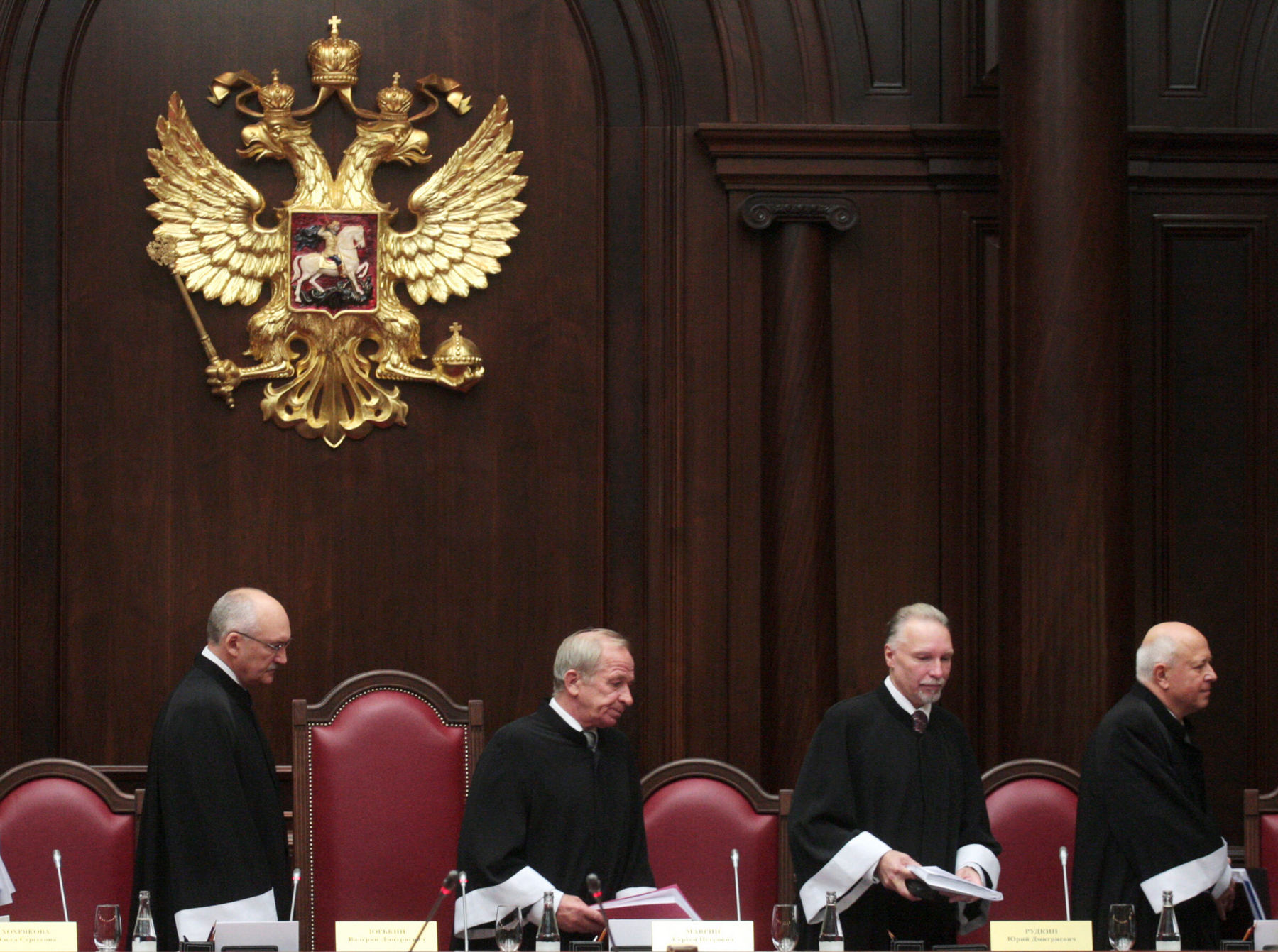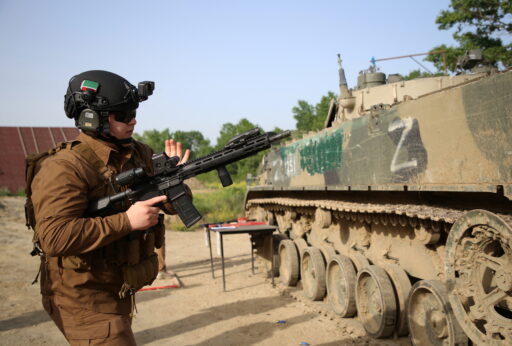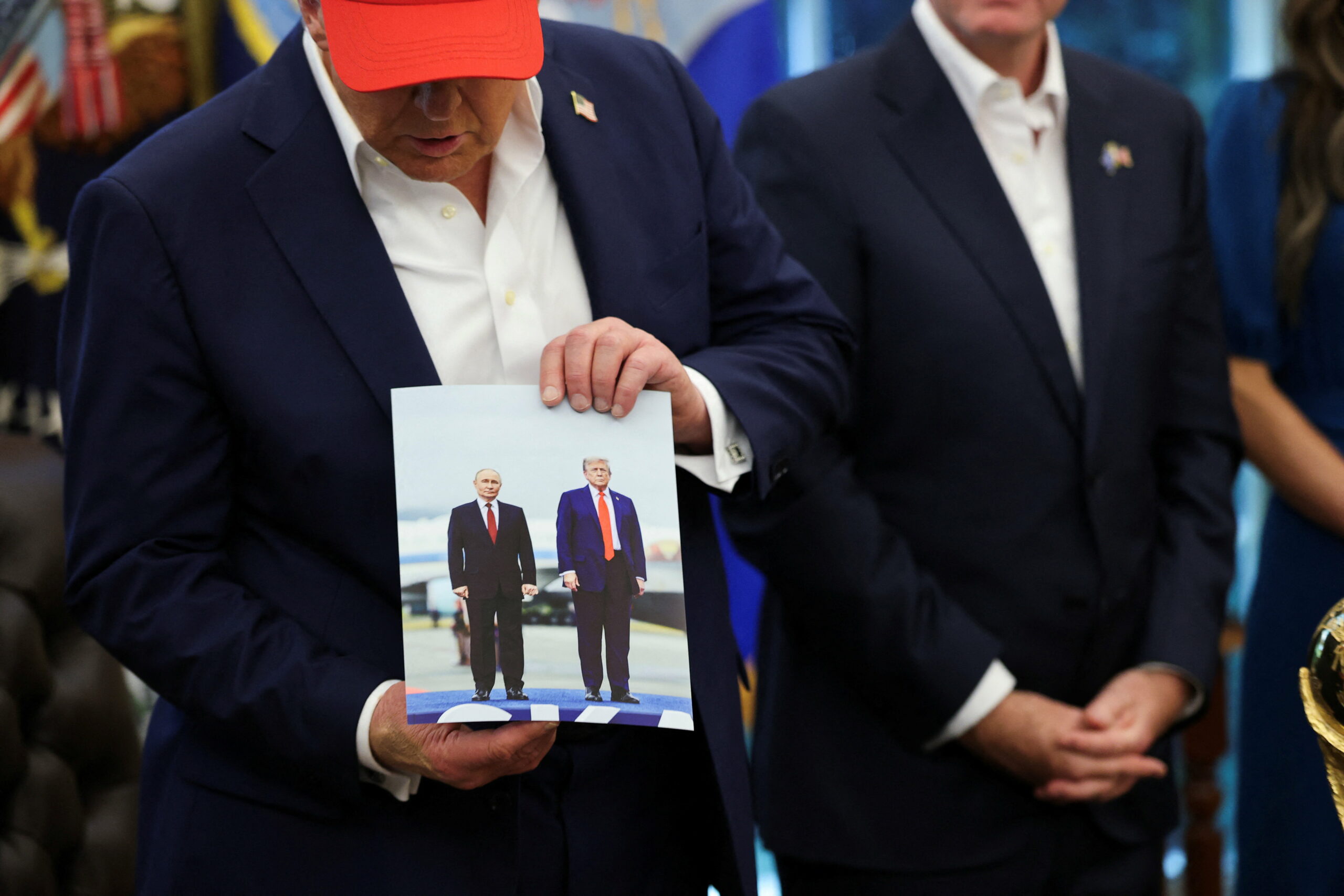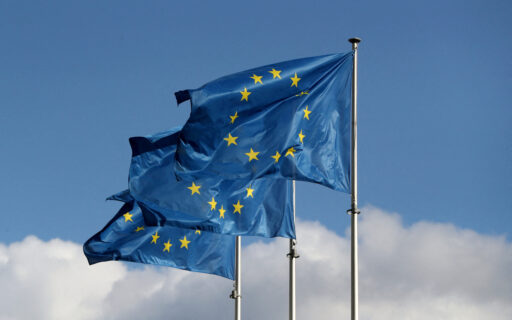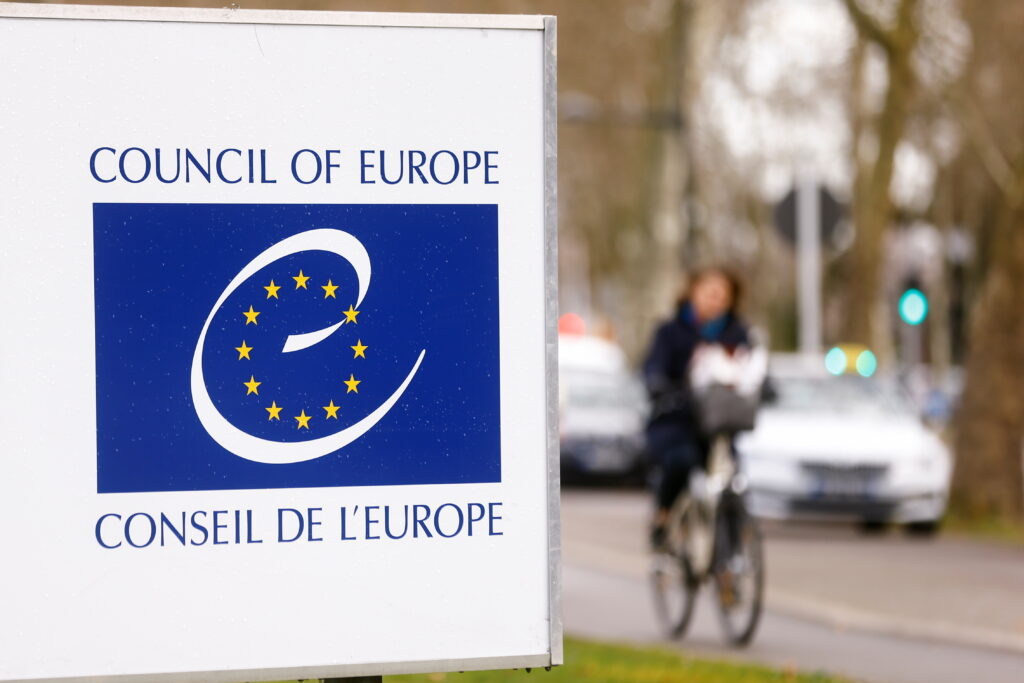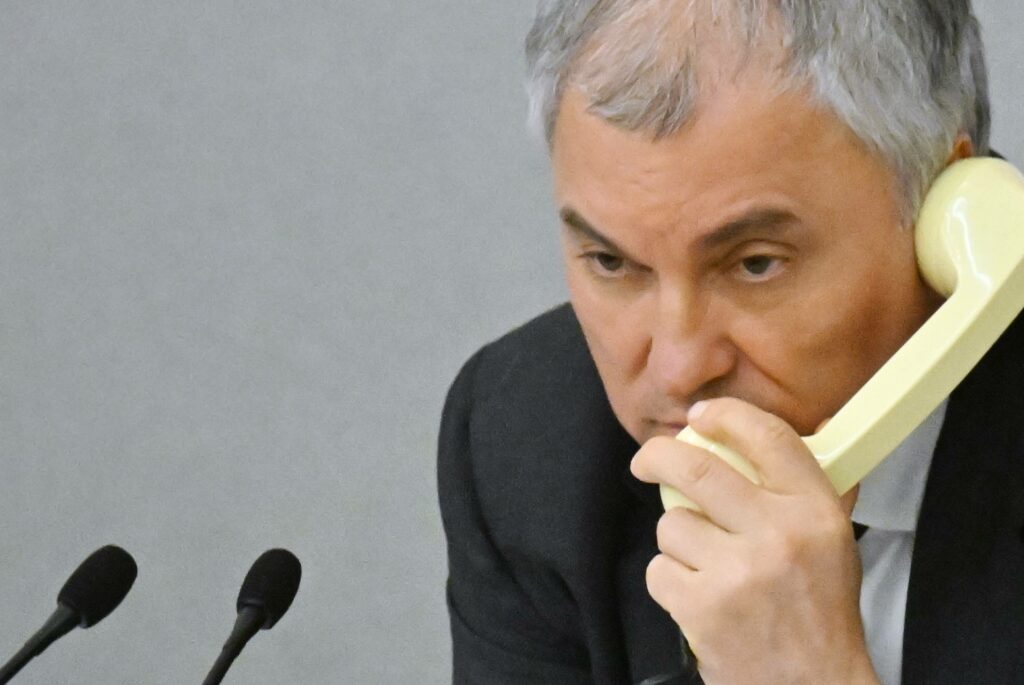2021 will mark the 30th anniversary of constitutional justice in Russia. The first 13 judges of the Constitutional Court of the Russian Federation (CC) were elected in October 1991, and three of them are still in office today (Gadis Gadzhiev, Yuri Rudkin and Valery Zorkin). During this period, the Constitutional Court heard slightly over 400,000 appeals, and issued dozens of thousands of rulings as well as 719 decisions regarding the constitutionality of laws and legal acts. The role of the Constitutional Court changed as the political regime consolidated: the Court evolved from a defender of democratic values in the early years into a faithful associate and supporter of the country’s authorities. As a result, the CC has played a crucial role in the events that influenced the current orientation of Russian politics: the annexation of Crimea and the constitutional amendments adopted in 2020.
These amendments have had a significant impact on the Constitutional Court itself. On the one hand, the CC was granted powers that other higher courts do not enjoy: it can now examine allegations of non-enforcement of Russia’s various international treaties and decisions of international courts. At the same time, the remaining amendments are aimed at neutralising the CC further and reducing its role in the political life of the country, beyond the political cases that the CC is allowed to examine. These amendments include a ban on publishing, and even mentioning, any dissenting opinions of its judges, a reduction in the number of judges from 19 to 11, and a change in the procedure for removing judges from office and holding them accountable.
To a certain extent, these reforms could have been expected. Regimes such as Russia have no judicial independence or the rule of law, while constitutional courts help the authorities to consolidate and strengthen their power. However, the authorities also need efficient constitutional courts to resolve mundane and non‑political issues, such as, for example, disputes over social rights, which the Russian Constitutional Court handles in large numbers, often siding with the claimants. This strategy helps to change some aspects of public policy that negatively affect large groups of citizens, and to prevent potential outbreaks of mass discontent.
However, the two objectives cannot be achieved simultaneously: a passive and unpopular constitutional court cannot properly protect even non-political constitutional rights. Lawyers view the situation even more pessimistically, believing that the recent changes may lead to a decline of constitutional justice and a transfer of CC’s functions to other institutions.
Given that the current authorities do not need an independent and strong constitutional court, one cannot discuss possible reforms of constitutional justice without painting a completely fictitious picture. Nevertheless, it is possible and necessary to discuss possible ways out of the current situation. Even without any major political reforms, the CC can slowly but surely build its authority and enhance the protection of constitutional rights.
Context
While the recent constitutional amendments impacted the CC, it had already undergone a plethora of changes before that. The powers of the CC would be expanded while the independence of judges and the political significance of the CC would be diminished. Following the constitutional crisis of 1993, the activity of the Constitutional Court was suspended until the adoption of a new constitutional law. The 1994 Federal Constitutional Act No. 1 “On the Constitutional Court” did not only prohibit the CC from hearing cases on its own initiative and from assessing the constitutionality of actions taken by officials, but it also expanded the list of judges from 15 to 19. In addition to 13 acting judges, Boris Yeltsin received an opportunity to appoint six loyalists. The CC reopened in February 1995, immediately after the appointment of the sixth judge, Marat Baglai. Since then, the Act on the Constitutional Court has been amended 18 times. The changes have affected the policy on judges as well as the jurisdiction and powers of the Constitutional Court.
What changed most dramatically were the rules regarding the appointment and removal of judges: during this period, judges were appointed indefinitely, then for 12 or 15 years, and then indefinitely again. The retirement age was changed in the same fashion: first 65, then 70, then abolished for all judges, then reintroduced at 70, abolished for the President, and shifted to 76 for Deputy Presidents. These arbitrary changes in the rules were helpful in getting rid of active judges, who were forced to retire earlier than planned, and in extending the terms of office for loyal judges. Salaries were also gradually increased, and when the CC moved seats from Moscow to St. Petersburg in 2008, judges received high compensation for the move. In 2020, the number of judges was reduced to 11, which enabled to preserve the status quo: a loyal constitutional court, made up of tried-and-tested judges who could quickly make the right decisions on political issues if needed.
At the same time, the Court’s jurisdiction gradually expanded. It received the power to deal with a broader range of cases from various categories of claimants, including legal entities and regional ombudsmen. Supervision over the enforcement of CC rulings was also strengthened, with the introduction of a six-month deadline for amending legislation that was declared unconstitutional (2013) and a deadline for the executive branch to enforce CC rulings (2015). Moreover, the Constitutional Court in Russia has a rare power to review motions asking to enforce decisions of international courts (since 2015) or provisions of international treaties (since 2020). So far, only two rulings of the European Court of Human Rights have been declared unenforceable by the CC, but this practice may become more widespread, especially in politicised cases.
It is important to draw attention to three issues: the independence of the Constitutional Court, the excessive politicisation of its operations and the non‑enforcement of its rulings.
As mentioned above, judicial independence does not exist in Russia, also at the level of its Constitutional Court. Through its activities, the Court slowly but consistently helped to consolidate the presidential power and undermine civil and political freedoms. Moreover, the work of the CC has been excessively politicised, even for the level of constitutional courts, and CC judges often invoke arguments that go beyond the legal field, such as traditional values and Russia’s particular path of development. As a result, instead of reinforcing the protection of individual rights, the Court examines high-profile cases concerning the priority of international law over national law, and justifies constitutional amendments by referring to traditional values. This occurs in the context of Russia’s rejection of international law in related areas and its reference to a certain traditional and intrinsic Russian understanding of human rights. Furthermore, government agencies either rarely implement CC rulings or do it very slowly, except in high-profile political cases.
De iure, the Constitutional Court of the Russian Federation is a strong court with broad powers but de facto it depends on the authorities and uses its powers to support or add legitimacy to various reforms.
How to strengthen the Constitutional Court
In order to address these problems, political change is needed, coupled with gradual reforms to strengthen the independence of the CC. But what can be done today to enhance constitutional justice?
One step would be to increase the support of, and trust in, the CC, both among the public and the country’s authorities. Constitutional courts that are popular can be more confident in handing down decisions that are undesirable to the authorities (even if only in certain spheres), and can generally expect higher compliance with their rulings among public authorities. This could be achieved through the three steps outlined below.
The CC should hear fewer cases and focus on the quality of its rulings and improved enforceability instead. For this to happen, the Court’s jurisdiction must be limited: the super-political tasks related to the enforcement of decisions adopted by international bodies must be removed, and more disputes related to national constitutional legal issues must be examined. In this way, the CC will be able to protect constitutional rights while refraining from getting involved in political issues.
The practice of examining cases without holding a hearing should also be substantially curtailed. It is essential that CC’s rulings are adopted in open court and documents related to the proceedings are made available in the public domain. Since 2011, the CC has had the power to consider cases without a hearing whenever a case may be resolved on the basis of the existing jurisprudence or where the nature of the dispute does not call for an oral presentation by the parties (Article 47.1 of the Federal Constitutional Act No. 1). This has enabled the CC to examine more cases: in 169 (53%) out of the 317 rulings issued in 2011–2019, the Court examined cases in sessions without a hearing. Due to the COVID pandemic, the CC also heard cases in camera for most of 2020. Certainly, this practice allows for more cases to be examined, and this trend is evident in the Court’s practice: on average, the CC issued 35 decisions per year in 2011–2019, with only 16 annually in 2002–2010. Nevertheless, many of the CC’s rulings are not implemented by the government bodies. Thus, it does not really matter if the Court has examined 20 or 40 cases in a particular year if many of its rulings remain unimplemented.
In such circumstances, the Court may benefit from examining fewer cases, but they should be heard in open sessions, with broad public access.
Open sessions draw public attention and the media to the issue at hand and to the CC’s work in general. Such attention boosts the support and visibility of the CC which, in turn, can enable the Court to enjoy more freedom in its work.
Another key factor in the transparency of the CC is the publication of dissenting opinions issued by its judges: individual judges are free to express their disagreement with the position adopted by the majority. Previously, judges used to write dissenting opinions for one in four rulings. However, since the end of 2020, the publication of dissenting opinions or their mention in public has been prohibited, and judges who violate this rule may be subject to disciplinary action.
If the CC’s jurisdiction is restricted to legal rather than super-political issues, this will allow the Court to consider a greater number of legal disputes on the interpretation of the Constitution and develop legal doctrine. Lifting the ban on the publication of dissenting opinions, coupled with the practice of hearing most cases in public, could drive public support and favourable media attention to the Constitutional Court. Given the shrinking number of judges, the Court will soon inevitably have to shift its focus from the number to the quality of rulings. A changed focus and a central role of individual disputes could help the Court to protect constitutional rights more effectively.
The CC can strategically build support among the public, government authorities and the media. Constitutional courts that are popular behave differently from those that are unpopular. In particular, popular courts can be more daring in some decisions without fearing a reaction from the authorities or non-enforcement of their rulings.
According to the Levada Center, the Russian Constitutional Court does not enjoy broad support. The 2011–2020 survey data show that under 30% of the respondents believe that the Constitutional Court of the Russian Federation is trustworthy. These numbers range from 21% to 31%, and the Court ranks 13th or 14th out of the 19 institutions listed in the questionnaire. By comparison, the highest figures of complete trust in 2020 were recorded for the army (66%), the country’s president (58%), and the FSB (53%).
The rulings of the Constitutional Court are implemented rather poorly, although they are often welcome by the current authorities and the Court rarely comes into conflict with the authorities.
For example, when the Constitutional Court stands up for individual non-political rights (which is not uncommon), these rulings are widely supported by some official bodies, but are not implemented. A prime example is the 2019 case on the protection of the housing rights of children of victims of political repression, where the ruling has still not been executed.
In political cases, the CC often refrains from declaring a legal provision unconstitutional. This was the case with the article on repeated violations at rallies (Article 212.1 of the Russian Criminal Code), which provides for criminal liability for several administrative offences. In the case of Ildar Dadin, the Court recognised this provision as constitutional, but emphasised that an administrative offence which was purely formal in nature could not lead to criminal liability. Nevertheless, the Court’s indecisiveness triggered subsequent criminal cases in similar circumstances.
The Constitutional Court in Russia can strengthen the protection of constitutional rights by gradually increasing its own authority. Open hearings and the restored practice of publishing dissenting opinions will have a positive impact on the media agenda and the Court’s visibility.
If the Constitutional Court is able to dodge super-political issues and focus on protecting individual rights (and on the subsequent enforcement of its rulings), the increasing public support will help judges make more courageous and daring rulings in other legal disputes. By doing so, the CC will hopefully become bolder and freer in strictly political matters as well.
*This article is part of the ‘Reforms’ series prepared by Riddle in partnership with Reforum project.
